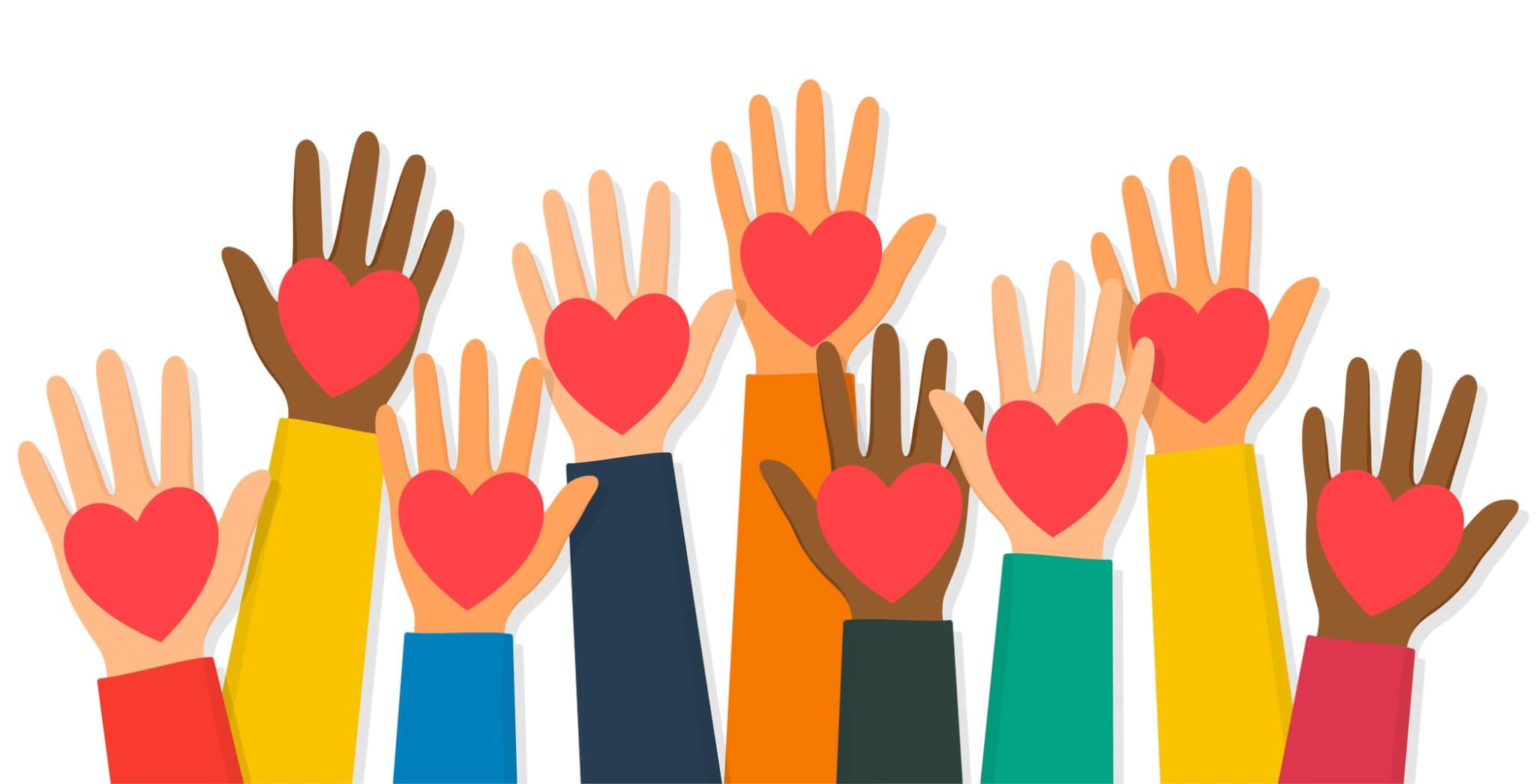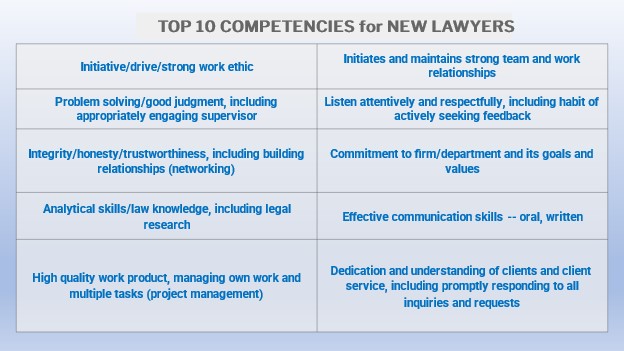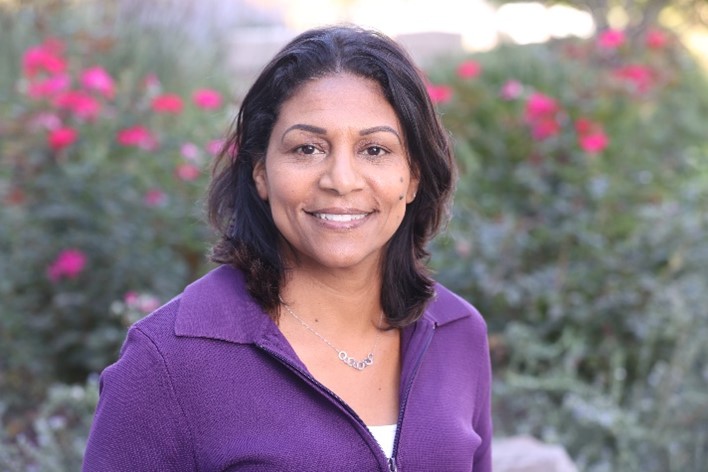By Angela F. Schultz, Assistant Dean for Public Service, Marquette Law School
I have been at Marquette Law School for eleven years. Over the years, I have witnessed students become more willing and able to identify and discuss mental health challenges they have faced in their own lives—challenges the students themselves have described as stress, anxiety, depression, and sometimes as trauma. I remember one recent student who lost both parents during their first year of law school. Another student took a leave of absence and was hospitalized for severe anxiety. If you work with law students, you also know some of the challenges facing students’ well-being.
I can think of three recent conversations where students identified their involvement in pro bono service as being among the factors that ultimately aided them on a path towards wellness. These three students’ experiences are not unique. Each year, we evaluate student experience in pro bono clinics. Comments from a recent survey included: “This work reminds me why I came to law school in the first place.” “I was afraid of working one-on-one with a client because I didn’t realize I already had skills that could be helpful.” “I feel connected to the people served in the clinic. These are my people.”
Before I go on, let me acknowledge that pro bono service can come with a dose of fatigue, vicarious trauma, and feeling overwhelmed by the poverty, despair, and inequity in our legal system and in our world. But right now, in this brief blog post, I’m focusing on how serving others can contribute to one’s well-being.
According to Self-Determination Theory (SDT), all human beings require regular experiences of autonomy, competence, and relatedness to thrive and maximize their positive motivation. See Sheldon, Kennon M. and Krieger, Lawrence S., Understanding the Negative Effects of Legal Education on Law Students: A Longitudinal Test and Extension of Self-Determination Theory (July 2006). Pro bono service opportunities regularly offer all three.
Autonomy: Pro bono service often involves a student making a choice to engage in something of interest to them; to do something they want to do or something they believe in; and the ability to take initiative and be self-directed. At many law schools (though not all), pro bono is a voluntary activity. Students choose whether to get involved in pro bono service and how much service to do. Students often choose what kind of service to perform and may enjoy increased autonomy as they develop skills.
Competence: Pro bono clinics tend to be places where volunteers all get a chance to feel good at what they do, or at least the opportunity to make progress towards becoming good at what they are learning to do. Pro bono clinics are an avenue where students can gain skills. Looking again at the pro bono evaluation I send to students each year, students indicated the following skills were practiced frequently during pro bono service work: listening; the ability to see the world from another’s perspective; client interviewing; time management; communicating legal information in an understandable way to a client; creative problem solving; and legal/procedural issue spotting.
Relatedness: Pro bono service often (if not always) offers students opportunity to relate meaningfully with others. In our pro bono clinics (called, not surprisingly, the Marquette Volunteer Legal Clinics), law students are paired with volunteer attorneys to serve a client seeking civil legal aid. The lawyer/student pair gets to chat with each other and develop relationships. The client served by the lawyer/student pair typically brings a whole range of human experiences to the mix, from frustration and despair to hope and gratitude. The trio of lawyer, student, and client often laugh together, shake their heads in disturbance together, and sometimes experience victory together. For example, one team recently negotiated a $500 settlement during their time together with a creditor suing their client (a mother of three earning $16 per hour) when her cash loan of $250 ballooned quickly to $1,500. By the end of their two-hour shift, when victory had been achieved, the client asked me to take a photo of her with the law student and lawyer. Without a doubt, meaningful relatedness had occurred for everyone involved in that session.
Autonomy, competence, and relatedness are the experiences cited by research that lend to students’ feelings of positive motivation and well-being.
I’d like to suggest one more reason that pro bono involvement may lend to feelings of well-being: perspective.
Perspective: Pro bono service connects students to the community outside of law school. Law school takes up an extraordinary amount of time, energy, and money for months (and sometimes years) before the student even has their first day. Students sometimes live, drink, and breathe all things related to LSAT preparation. Then soon after they live, drink, and breathe all things related to the law school application process. Then the actual law school experience begins which often presents students with the most academically challenging materials they have seen throughout their education. And law school almost always involves a student’s first experience with a mandatory grading curve. Students’ social lives tend to fill quickly with other law students. The overall experience can be insular and leave students questioning their very identity: Who am I now? Who will I be once I graduate from law school?
Pro bono service is a quick and vivid reminder of the vast world outside of all-things-law-school. People seeking pro bono legal services are getting by (sometimes barely) while facing excruciating circumstances. A law students’ LSAT score is not even remotely part of the list of challenges facing a client in the legal clinic preparing to represent themselves in their eviction hearing tomorrow. The C- grade a law student received in civil procedure somehow seems miniscule once they are hearing directly from a survivor of domestic violence seeking a civil protection order.
The student who lost both parents during their first year of law school pointed to their experience in the pro bono clinics as a significant part of their path towards creating a “new normal” for themselves. And the student hospitalized for severe anxiety cited her work with “real people” in the pro bono clinics as part of her own journey towards wellness.
Please contact me at angela.schultz@marquette.edu with comments or questions.

Angela F. Schultz
Assistant Dean for Public Service
Marquette Law School
AALS Section on Pro Bono & Access to Justice, 2022 Chair




